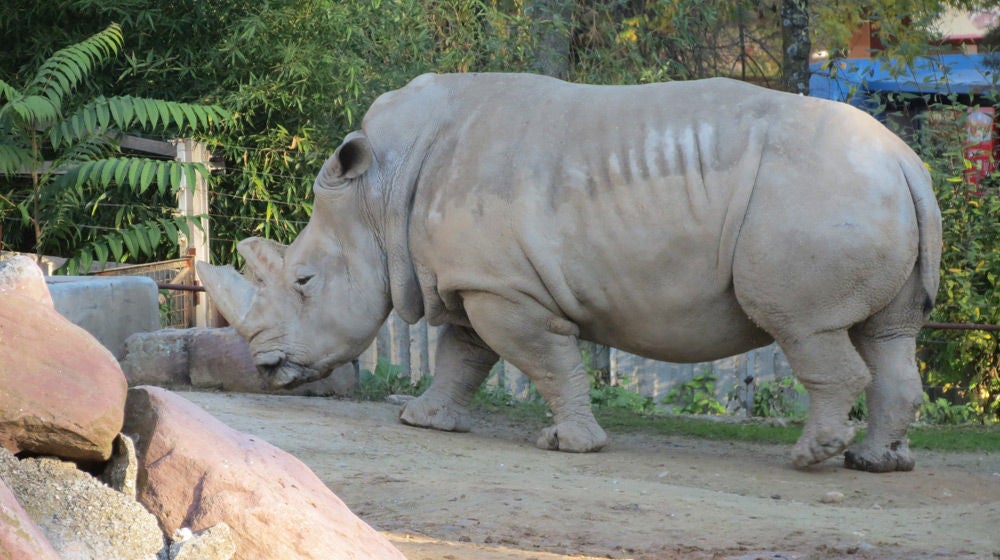.jpg)
Starting date: 2016
End date: Ongoing
Location: Mkuze Game Reservation, South Africa
Save the Rhino International undertakes a field project to protect White and Black Rhinos in South Africa.

Starting date: 2016
End date: Ongoing
Location: Mkuze Game Reservation, South Africa

Through the Parques Reunidos Foundation, the Zoo-Aquarium de Madrid and Selwo Aventura come together in supporting Save the Rhino International. This organization’s efforts incude fighting against poaching, a practice that is killing all all six rhinoceros species in the wild. Thus, Save The Rhino International also works to educate and train local communities in implementing conservation practices as well as monitoring methodologies in natural reserves.
The Zoo-Aquarium de Madrid and Selwo Aventura also host white rhinos (Ceratotherium simum) and an Indian rhino (Rhinoceros unicornis). The presence of these animals in the parks allows edication and conservation teams to raise awareness among visitors about the acute threats that these animals face in the wild.
Discover “The Horn“, the magazine with the latest news about Save The Rhino from 2020.
Every 12 hours, a rhino is killed by poachers. Though global rhino population has increased by 30% in the last decade – from 21,000 in 2009 to 27,300 in 2019 -, Save The Rhino’s report from 2020 showed a decline of 6% in the last few years.
As a member of EAZA (European Association of Zoos and Aquaria), Zoo Aquarium de Madrid participates in the White Rhino (Ceratotherium simum) and Black Rhino (Diceros bicornis) EEP (European Endangered Species Program). Through theirs participation, these parks and the Parques Reunidos Foundation are also active supporters of Save the Rhino International.
The collaboration with Save the Rhino began with our support to the white and black rhinos field program at the Mkuze Game Reserve, one of the oldest reserves in Africa. Progessively, the Parques Reunidos Foundation financial support has also been devoted to other efforts, such as:
Three of the five rhinoceros’ species are critically endangered. The threats they and other rhino species face include:
The objectives of the collaboration between Save The Rhino and the Parques Reunidos Fundation in 2021 will continue to align with the effort to eradicate poaching activity in coutries where rhinos are found. The Parques Reunidos Foundation will continue to support Save the Rhino financially in order to contribute to the success of its programs, especially thouse focused on training and supporting rangers and creating anti-poaching canine units. Finally, the recent arrival to the Madrid Zoo of Sananda, a young female of Indian rhino, is a great opportunity to continue the effort to disseminate and raise awareness about the dangers faced by all rhino species.